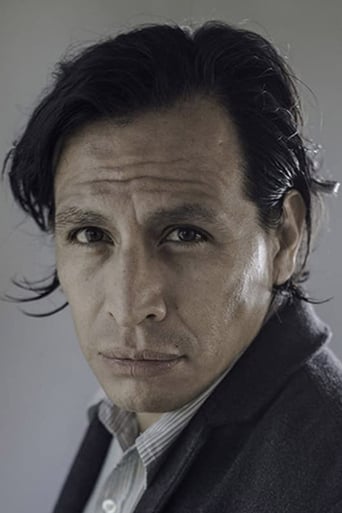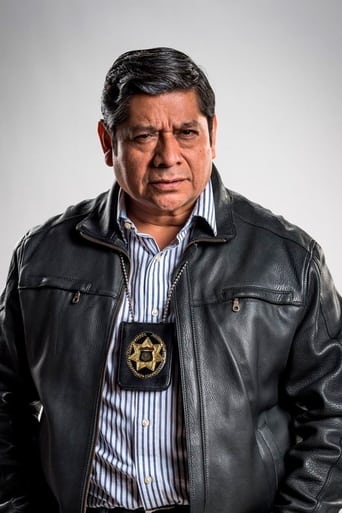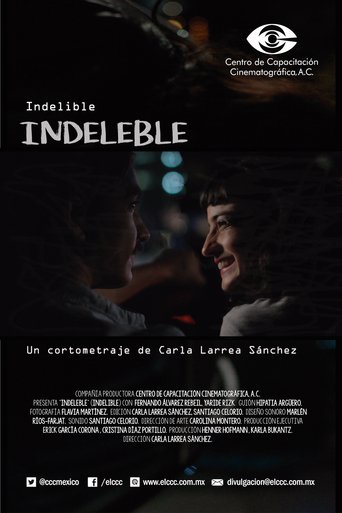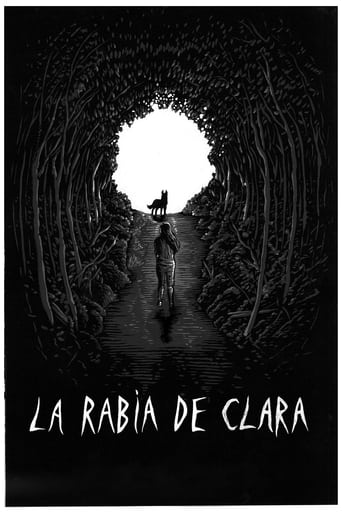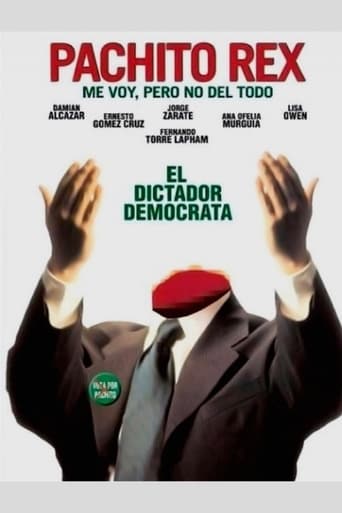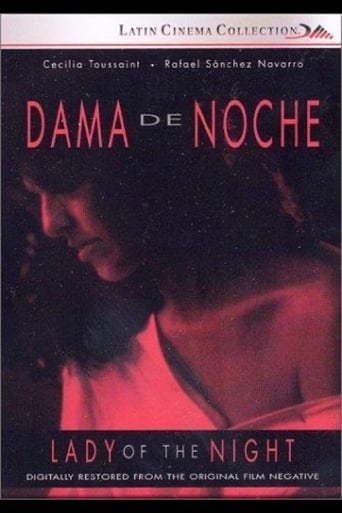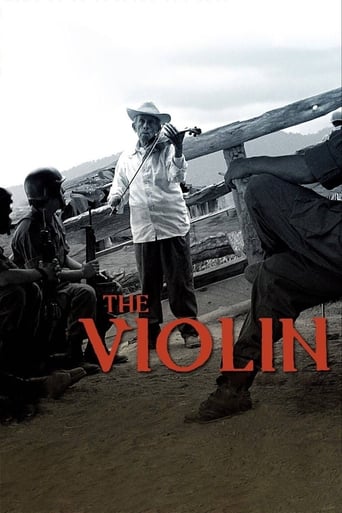
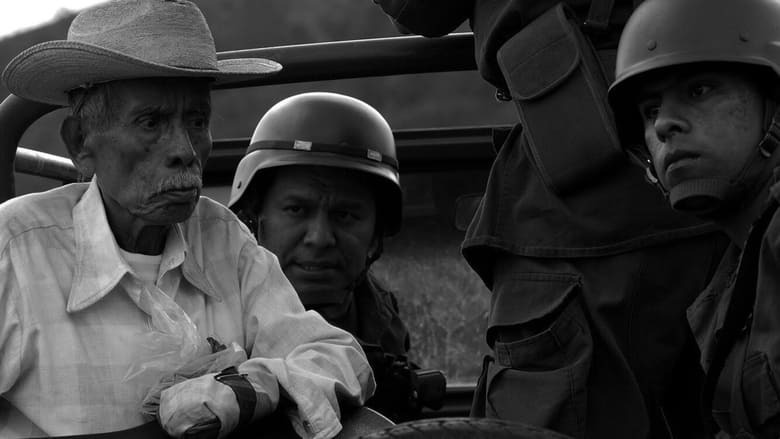
The Violin (2005)
In an unnamed Latin American country that closely resembles Mexico, the government fights a rural insurgency with torture, assault, rape, and murder. Soldiers descend on a town, cutting off the rebels from their cache of ammunition hidden in a field. A family of grandfather, son, and grandson are among the rebels in the hills. The grandfather, with his violin over his shoulder, tries to pass the checkpoint, ostensibly to tend his corn crop. The commanding officer lets him pass but insists on a daily music lesson.
Watch Trailer
Cast
Similar titles
Reviews
Best movie of this year hands down!
Absolutely amazing
It's hard to see any effort in the film. There's no comedy to speak of, no real drama and, worst of all.
Great movie! If you want to be entertained and have a few good laughs, see this movie. The music is also very good,
In an unnamed Latin-American country, a loosely organized peasant rebellion struggles against an oppressive government army. The Mexican film "El Violin" doesn't really get more specific than that in terms of where or when the story takes place. When government forces invade a rebel village, they force the villagers to leave behind a secret ammo stash. While soldiers camp out in the captured village, Genaro (Gerardo Taracena) and his desperate rebels try to figure out a way to get to their munitions. Genaro's elderly father, a one-handed violinist and farmer, takes it upon himself to solve the problem.If I thought the violin might be a fun, lighthearted story, I was completely wrong. The movie opens with a brutal scene of torture, and while the mood occasionally lightens a bit, it generally remains grim. The film never makes it clear what the rebels are fighting against; I guess "oppression" in general. It doesn't really matter. The theme is how the spirit of freedom and rebellion lives on, passed from generation to generation. There is also an exploration of how people might be different given different circumstances. The army captain is a brutal man of war, but he discovers a belated interest in music under the tutelage of the old violinist. I watched "El Violin" largely as part of my Spanish-language study. On its merits as a film, I would say it is a bit too naturalistic for me. It is a well-told story, however, with excellent performances and some beautiful footage of the Mexican countryside. For a viewer who won't mind the pervasive grimness of the tale, it is worth checking out.
I enjoyed this film even though it was disturbing and violent at times. Although it doesn't state in what country this tale is taking place, the characters speak with a Mexican accent. The two main characters, Don Plutarco and the Capitan, were very authentic. I grew up on small ranches and am of Mexican descent and the character of Don Plutarco reminded me of many of the old men I met in the fields, wise but stubborn, acting helpless but always looking to take advantage. The Capitan reminded me of many career soldiers I met in the Army. Cunning and with that ability to see into your soul. Does he see the obvious? Will he take pity on his fellow countrymen? The interplay between the two is like a chess match but one in which the outcome is certain from the beginning. An excellent film.
What a great story and film. The acting and casting were flawless. The camera work, a little iffy at times didn't really distract much. I can't help but wonder why great films like this are seen by relatively few people and seldomly make their money back. I really liked the thoughtfulness and attention to detail i.e. the mule intuitively showing up and then again wanting to avoid the approaching soldiers. The plot line thread of the checkpoint guard, who risked his life by supplying guns to the rebel peasants was thoughtful and provocative.This film really captured the humbleness, heart-felt-ness, and basic goodness of simple salt-of-the-earth people ultimately betrayed only by their trust and naivety. Michael Germaine
This low-key film brings to life the struggle between the army and rebellious peasants in 1970's Mexico through the words and actions of an unlikely hero, the elderly, diminutive Don Plutarco Hidalgo (played by Angel Tavira, a real-life violinist).Plutarco, owner of the eponymous violin, is seen early on in the film playing his instrument to earn a living and to give expression to the feelings of himself and his companions. In the city he scratches a living from busking with the assistance of his son and grandson, but later his instrument offers consolation and catharsis to his fellow-villagers when they are uprooted from their homes by brutal Mexican soldiers in search of rebels harboured in the rural community.When Plutarco has his violin confiscated by the local military commander and is forced to play for the latter's edification this eloquently communicates the way in which simple rural folk had their voices suppressed and their livelihoods taken away by army cruelty. Whilst Plutarco cunningly works to aid the rebels against the military there are shocking scenes of military brutality, which presage a bleak ending for the protagonists; by the end of this film I was among several members of the audience biting their nails with concern.This is quite a short film (a little over an hour and a half) but its characters are powerfully portrayed and enlivened by well-written and sometimes witty dialogue. A special mention must be made for the black-and-white cinematography: the film looks superb.
